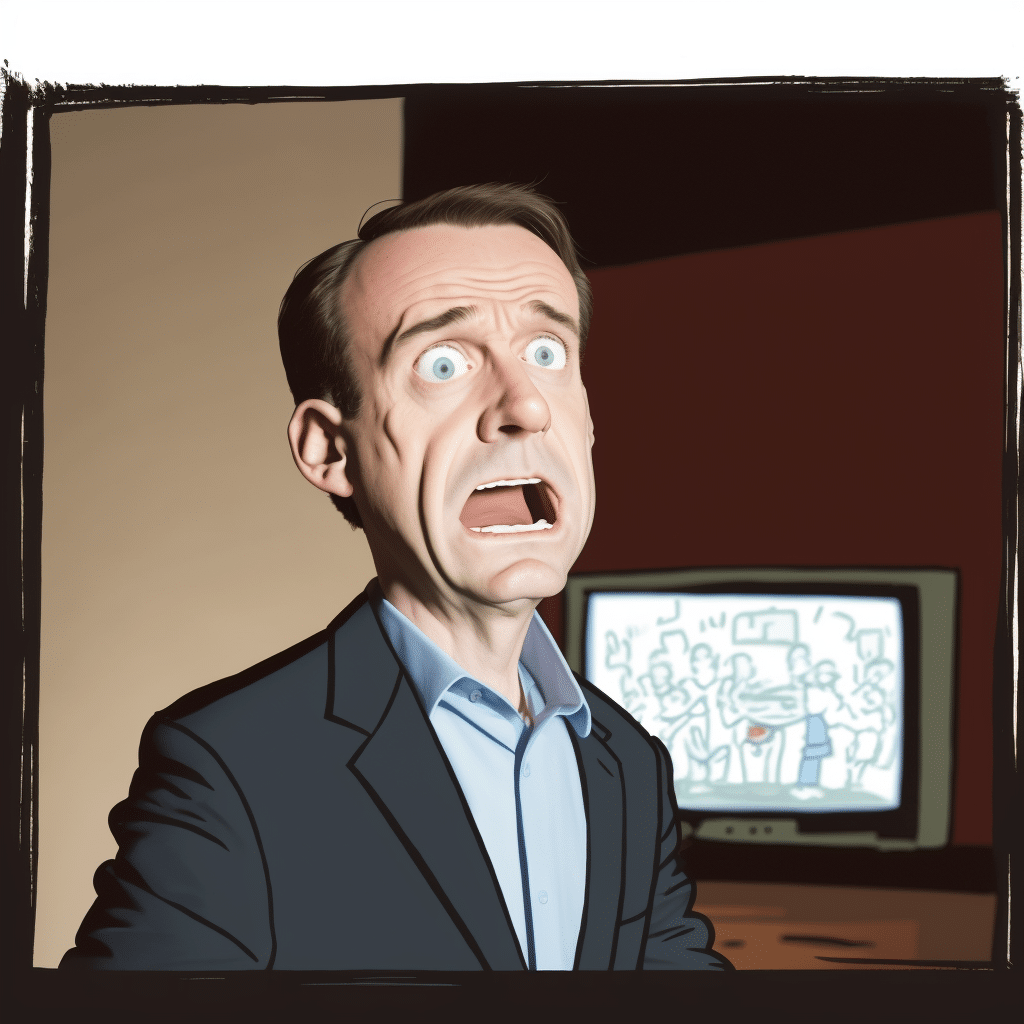Dave Morgan is a name that any ad-tech enthusiast would be familiar with. As the founder and CEO of Simulmedia, he has made a name for himself in the advertising industry with his expertise in marketing technology. In this article, we will delve deeper into his insights on various aspects of the ad-tech industry, as he has shared with us in his recent interviews.
When it comes to media measurement, Morgan suggests that advertisers should look for independent and verified vendors. He states, “Move past the rhetoric in the ad trades. Focus on supporting measurement vendors that are independent and verified; exclude those who make money selling media and/or targeting services. They are certainly not independent.” This is a crucial aspect that advertisers need to consider to navigate the ever-growing complexity of media measurement.
With the rise of ad-supported streaming and CTV ads, Morgan believes that combining scaled, balanced, and verified panels with massive sets of direct viewing data can improve measurement and attribution on these platforms. He suggests, “We need to combine scaled, balanced and verified panels with massive sets of direct viewing data and easy linkage to clean rooms to tie directly into attribution data sources. I expect that ad attribution will end up as just a feature of data cloud services.”
Morgan’s advice for advertisers to optimize their advertising across TV networks is to spend less money on buying GRP’s, demos and dayparts and focus more on data-driven linear with specific audience, reach, frequency, and outcome goals. He states, “With less money, it will all have to be spent smarter. That means less about buying on GRP’s, demos and dayparts and more spend on data-driven linear with specific audience, reach, frequency, and outcome goals.”
As the industry moves towards automation, Morgan predicts that automated planning linked to automated execution will become table stakes for all media channels, particularly those that have typically been hand-managed. He says, “Automated planning linked to automated execution will be table stakes in the future of all media channels, particularly those that have typically been hand-managed, like linear TV, out-of-home and radio. No one will have the time and/or money to pay for slow, hand-managed processes with high error rates and tons of latency, which is all too common today.”
As media channels continue to fragment, automation is becoming an essential tool for advertisers. According to Morgan, “automated planning linked to automated execution will be table stakes in the future of all media channels, particularly those that have typically been hand-managed, like linear TV, out-of-home, and radio.” This shift towards automation will make media buying more efficient and less prone to error.
In an era where data and analytics are increasingly important in advertising, Morgan stresses the importance of supporting independent and verified measurement vendors. As he states, “exclude those who make money selling media and/or targeting services. They are certainly not independent.” Advertisers should be vigilant in choosing their measurement vendors, ensuring that they are impartial and free from any conflicts of interest.
The rise of ad-supported streaming and CTV ads has brought about new challenges for measurement and attribution. Morgan believes that a combination of scaled, balanced, and verified panels, along with direct viewing data and easy linkage to clean rooms, can improve measurement and attribution for these platforms. He envisions ad attribution becoming a feature of data cloud services, allowing advertisers to measure the impact of alternative currency testing more effectively.
The turf wars between linear and digital buyers over control of premium video budgets have been a challenge for advertisers. Morgan believes that advertisers will need to decide to manage linear and digital video together, rather than being siloed. This will require a shift in mindset and a willingness to embrace new approaches to media buying and planning.
Morgan sees an opportunity for marketers to leverage digital sensibilities to optimize their advertising campaigns and achieve better results. By focusing on outcomes rather than outputs, brands can use data and analytics to make smarter, more informed decisions about their advertising spend. Morgan stresses that brands need to be willing to experiment and try new approaches, rather than relying on outdated methods and metrics.
Dave Morgan’s insights and expertise in the ad-tech industry are invaluable. He emphasizes the importance of focusing on outcomes rather than outputs, using independent and verified measurement vendors, combining scaled and verified panels with massive sets of direct viewing data, and embracing automation. As the industry continues to evolve, his insights are certainly worth considering for those who want to stay ahead of the curve.










